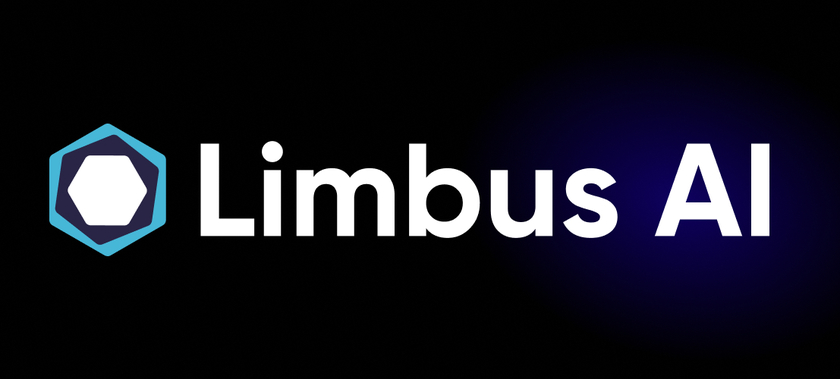When Joshua Giambattista was working his medical residency as a radiation oncologist he saw a unique opportunity to help streamline the clinical workflow for cancer radiation therapy. Radiotherapy treatments involve a planning CT or MRI scan, which requires manual contouring (delineation) of organs and tumour volumes by clinicians in order to deliver a high dose of radiation to the tumour. Joshua teamed up with his brother Jon Giambattista and their childhood friend Carter Kolbeck, both computer engineers, to develop Limbus AI to automatically complete the task of contouring on cancer scans.
“We turned to the machine learning space to solve this problem,” Jon Giambattista explains. “We’ve built a full product suite to improve efficiency and clinical workflows in cancer radiation treatment planning.”
Without Limbus AI, a patient’s scan must be sent to a clinician to manually contour, which takes between thirty to ninety minutes. From there, the scan is sent to a radiation oncologist who has the final sign off.
With Limbus AI, incoming CT and MRI scans are captured, and contours are generated automatically and sent immediately to the treatment planning system. “Now, adding contours is automated,” Jon shares. “The radiation oncologist will still draw the tumour itself, but the bulk of the workflow is done through the software.”
“Limbus AI saves about 80% of the time it generally takes during the treatment process in terms of contouring,” Jon adds. The deep learning system implements full automation by detecting and applying the correct clinical template and sending the contours to the treatment planning system for manual review.
“We don’t send any patient information to the cloud, so all of the data stays secure,” says Jon. Limbus AI takes only minutes to set up for hospitals, hospital networks, cancer clinics, or other institutions that provide radiation treatment. It’s a one-click installation onto existing workstations, eliminating any patient data privacy concerns.
“Right now, we’re up and running in over twenty clinics worldwide,” Jon shares. The team is gaining traction and growing in the provincial tech field, and they plan to expand further across Canada and into the US and European markets. “We’ve got our eyes set on the international market,” smiles Jon. “We want to improve cancer treatments worldwide.”
Limbus AI has also successfully applied their machine learning technology in the veterinary treatment planning space in partnership with a radiation therapy software vendor. “Contouring scans for cats and dogs is harder than with humans,” says Jon. The team will continue exploring the possibility of applying their technology in other verticals.
The Limbus AI team is based in Regina, and they have partners who work remotely from different regions of Canada. They have seen great success growing their tech in Saskatchewan and have received support from various provincial groups, such as the Saskatchewan Trade and Export Partnership (STEP), Conexus Cultivator, and other networks of tech companies. Federal programs like The National Research Council of Canada Industrial Research Assistance Program (NRC IRAP) and CanExport have also been key in helping the software go to market.
“Being a part of Saskatchewan’s tech scene has been really beneficial for us,” shares Jon. “Cultivator’s GROW cohort has helped us offset startup costs and get off the ground, and we appreciate all of the help we’ve gotten here to grow Limbus.”

Founders: Jon Giambattista, Joshua Giambattista, Carter Kolbeck, Karl Otto
Incorporation Date: 2017
Employees: 5


